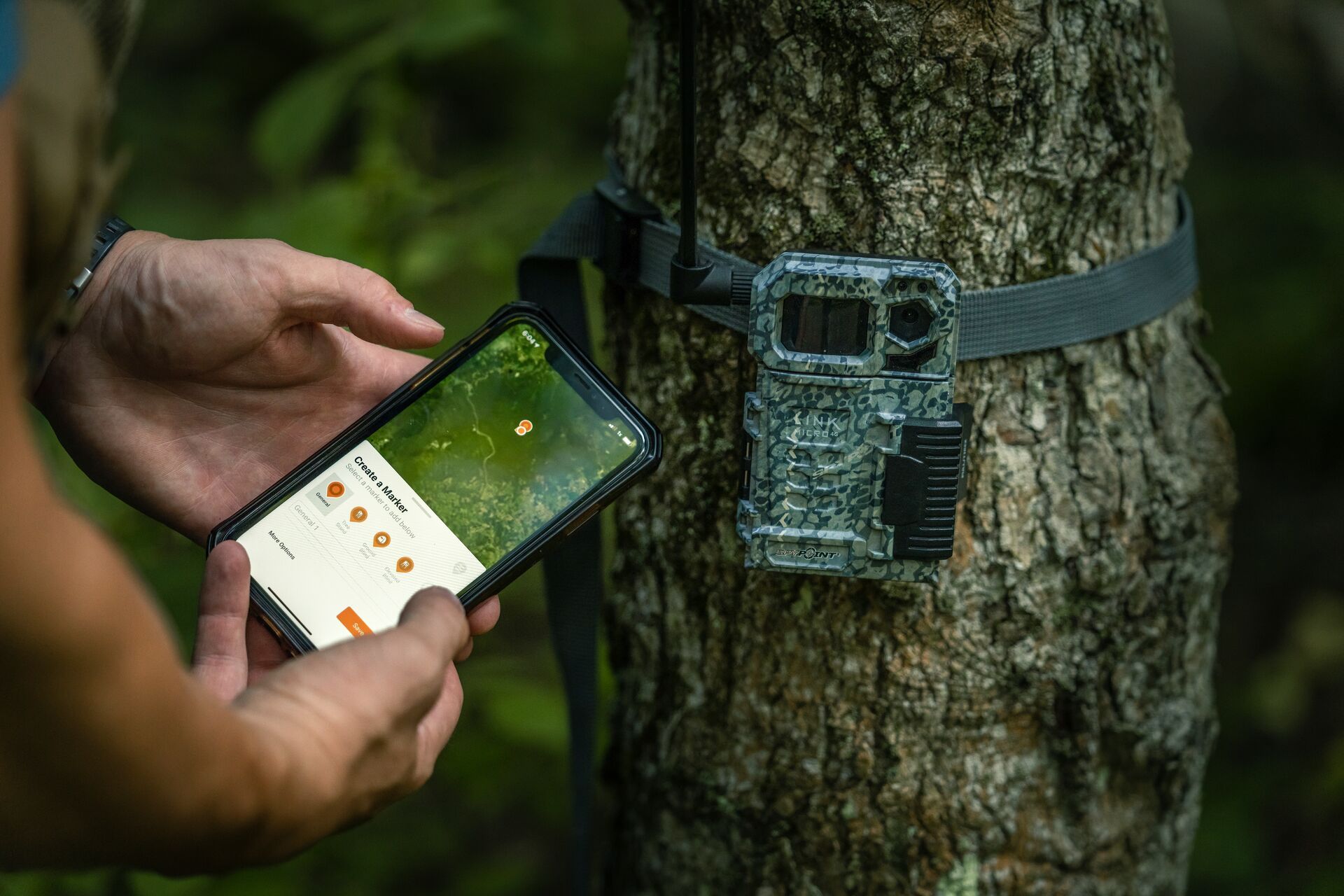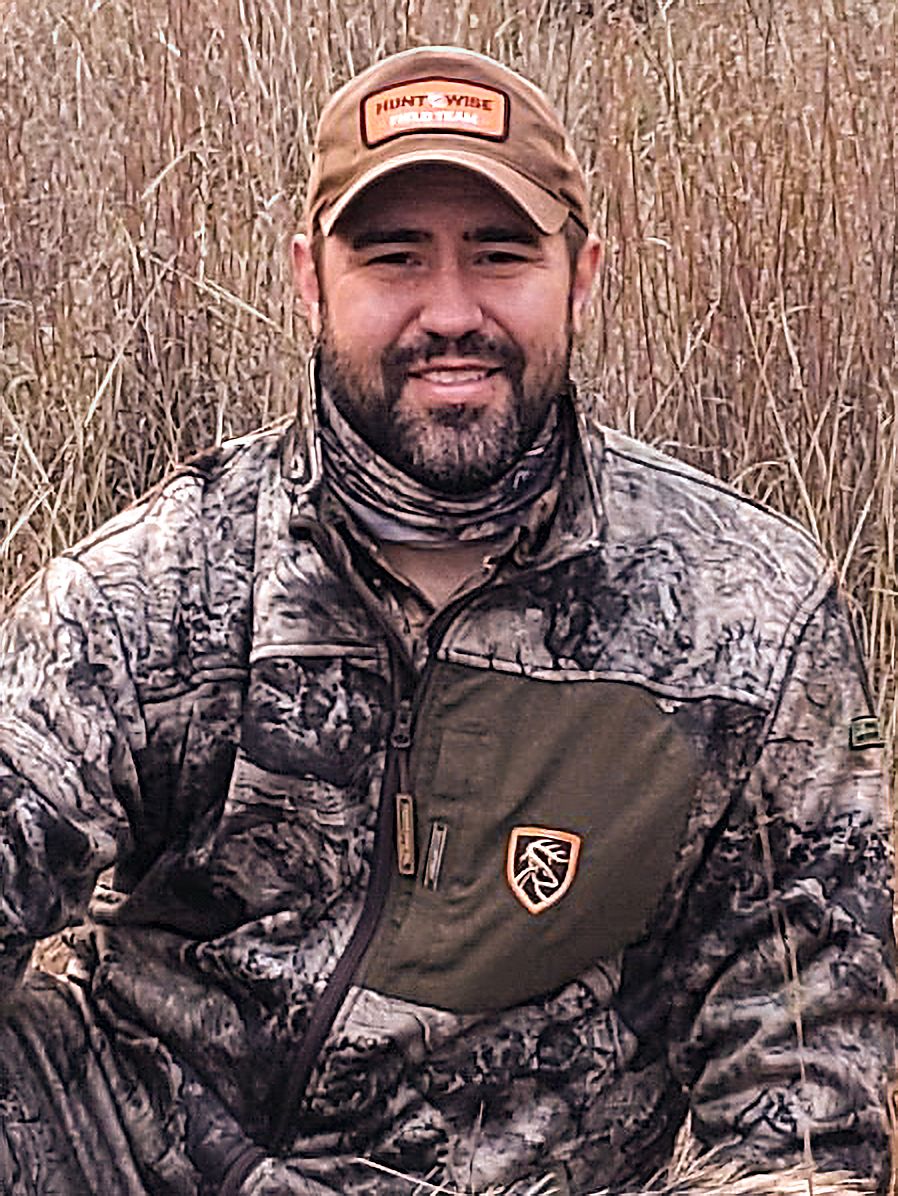Staying active outdoors and doing those pre-deer season chores during the summer offseason can be the key to success in the fall when the moment counts. As the next installment of our Year-Round Hunter Series, today we talk about how now can be the ideal time to check off those outdoor to-do list items as the weather stabilizes with favorable warm conditions and deer enter into their summer patterns, focusing on feeding.
Spring turkey season is finished, so let's get ready for fall hunts!
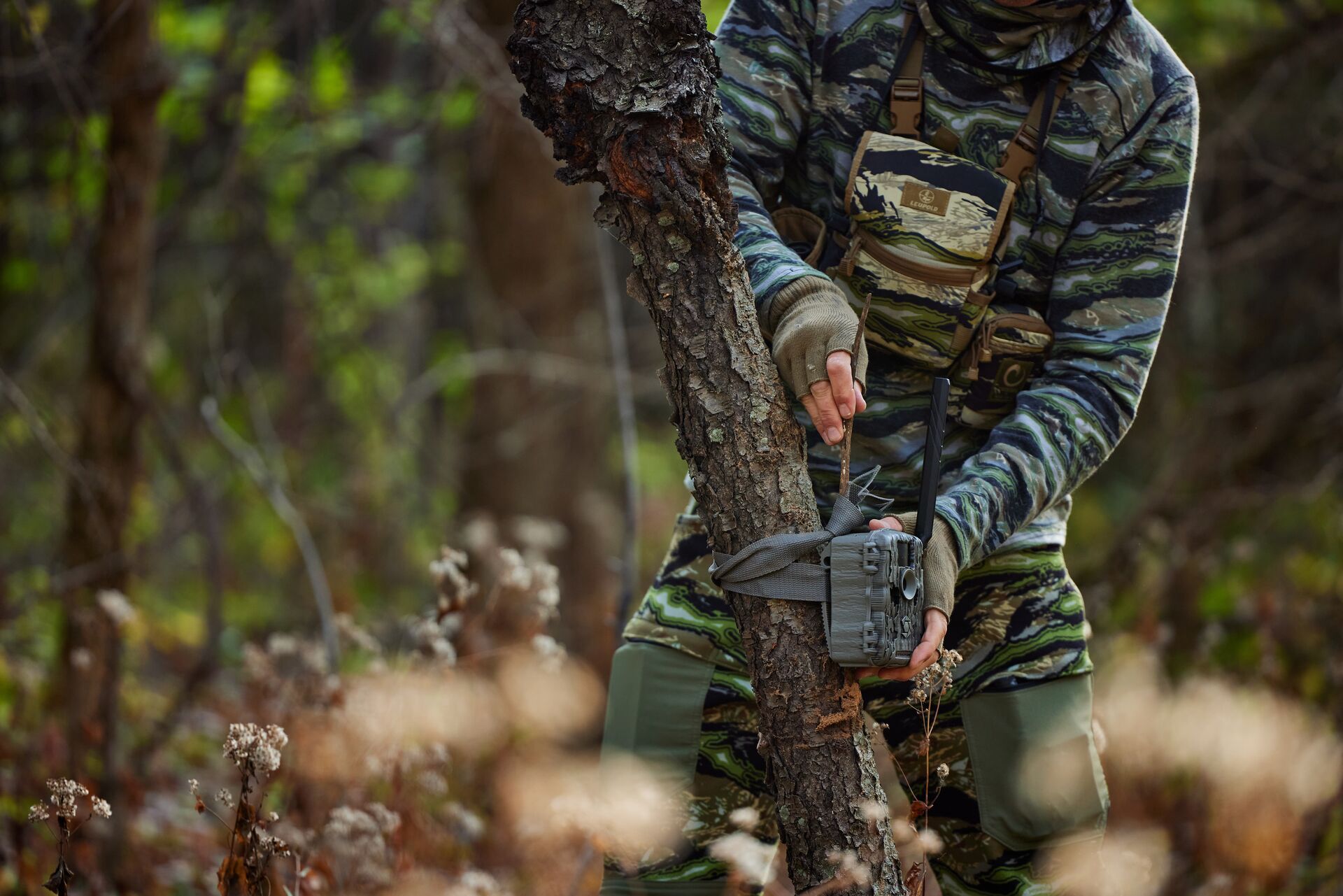
Trail Camera Tips for Hunting Season Success
Now is the perfect time to start taking inventory of this year’s deer herd.
Bucks are in velvet and beginning to put on this year’s antler growth. This can be an exciting time to start identifying your next target buck for the fall or deciding if you need to remove a few extra does from the landscape. Begin scouting key areas by setting up trail cameras in places like transition zones, bedding areas, at water holes, and near food sources to monitor deer activity.
Position cameras at three to five feet off the ground, making sure to clear the motion sensor’s detection area of any tall grass, briars, or small branches that could cause false triggers. The sun can also cause false triggers as it rises and sets each day, so avoid pointing the camera generally East or West.
When possible, place the camera at a 45-degree angle to the trail instead of perpendicular to it. This allows more time for the animal to trigger the motion sensor and is more likely to remain fully in the frame of the image.
Beyond the Setup
Good trail camera tips go beyond setting them up. Check cameras sparingly and only visit camera sites every few weeks to check SD cards or swap out batteries, ensuring the cameras can operate continuously. This will help avoid disturbing the area and pressuring deer.
If possible, use cellular trail cameras equipped with a solar panel. These setups can run year-round with little to no maintenance. Look for trends or patterns in buck and doe movements to predict fall behavior, like what direction they arrive from or leave to.
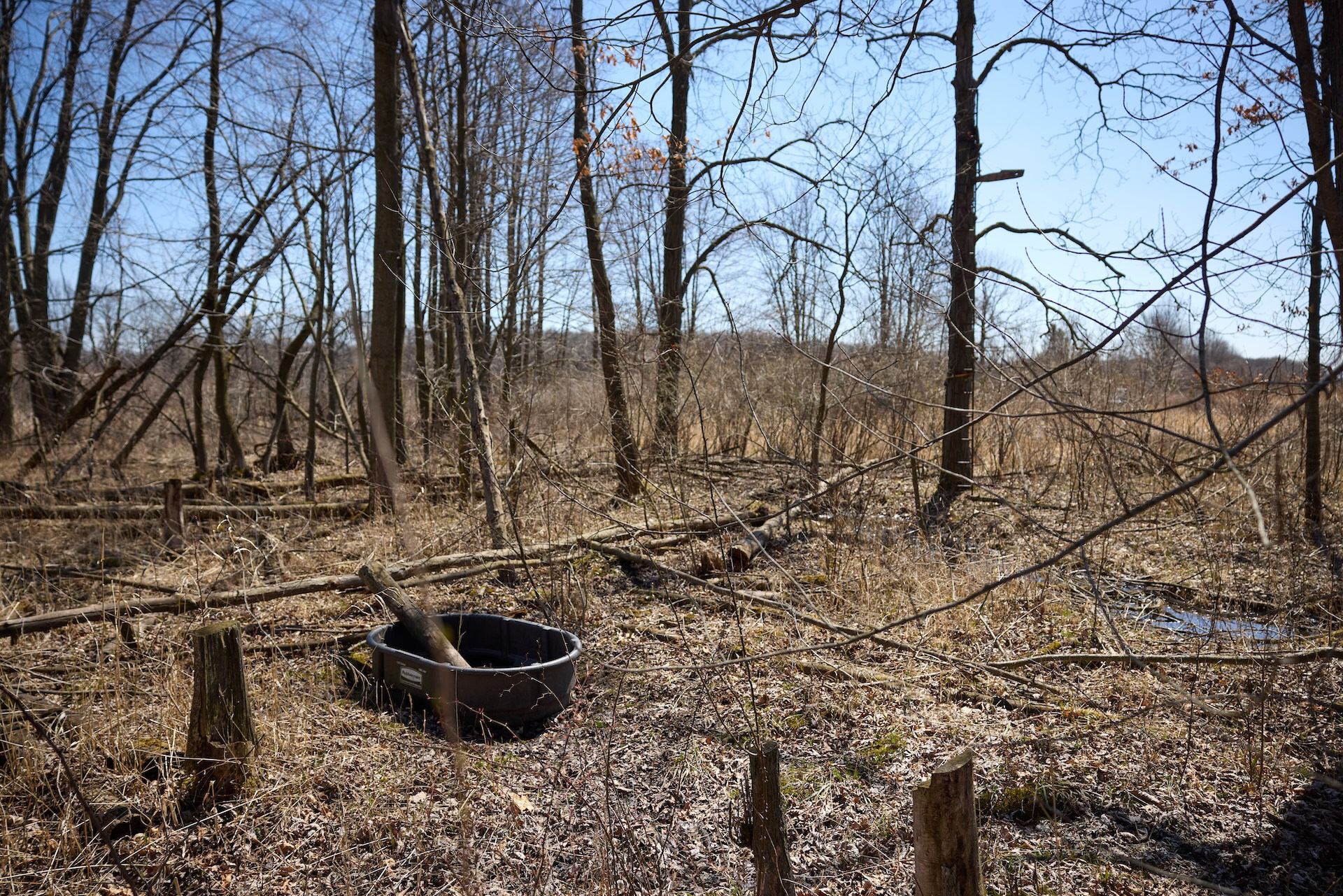
It's Time for Habitat Improvement Projects
June is an excellent time for habitat improvement for whitetail deer.
Summer Food Plots
This is about the time to begin planting summer food plots for much of the country. Plots, including clover, soybeans, or alfalfa, provide additional nutrition for deer when adequate rainfall occurs. Consult your local ag extension office or order mail-in lab tests for detailed information on your soil pH and nutrient composition needs for fertilization to maximize plant growth potential.
Timber Stand Improvements
Timber Stand Improvements (TSI), such as selective cutting, can help open the tree canopy, promote understory growth, increase deer forage, and provide more bedding cover as more sunlight reaches the soil.
Water Holes
Creating or maintaining existing water holes to make sure they have access to water during the hottest months can be a great way to draw and hold deer on your property year-round. Adding water troughs or even burying a kiddie wading pool at a natural drainage in an area without much water can have a huge impact.
Don’t forget to include a tree branch wired to the side or ramp to allow small critters a way to escape when they inevitably fall in.
Mineral Sites
Setting up mineral sites helps support antler growth and overall herd health by supplying missing nutrients not available on your property. Salt rocks, mineral licks, or protein blocks can also double as great locations to set up trail cameras in the summer to keep an eye on the progress of that new target buck’s headgear.
Check your local regulations for mineral use, though, as some states consider it baiting and have laws against it over concerns of congregating deer and their potential role in spreading communicable diseases.
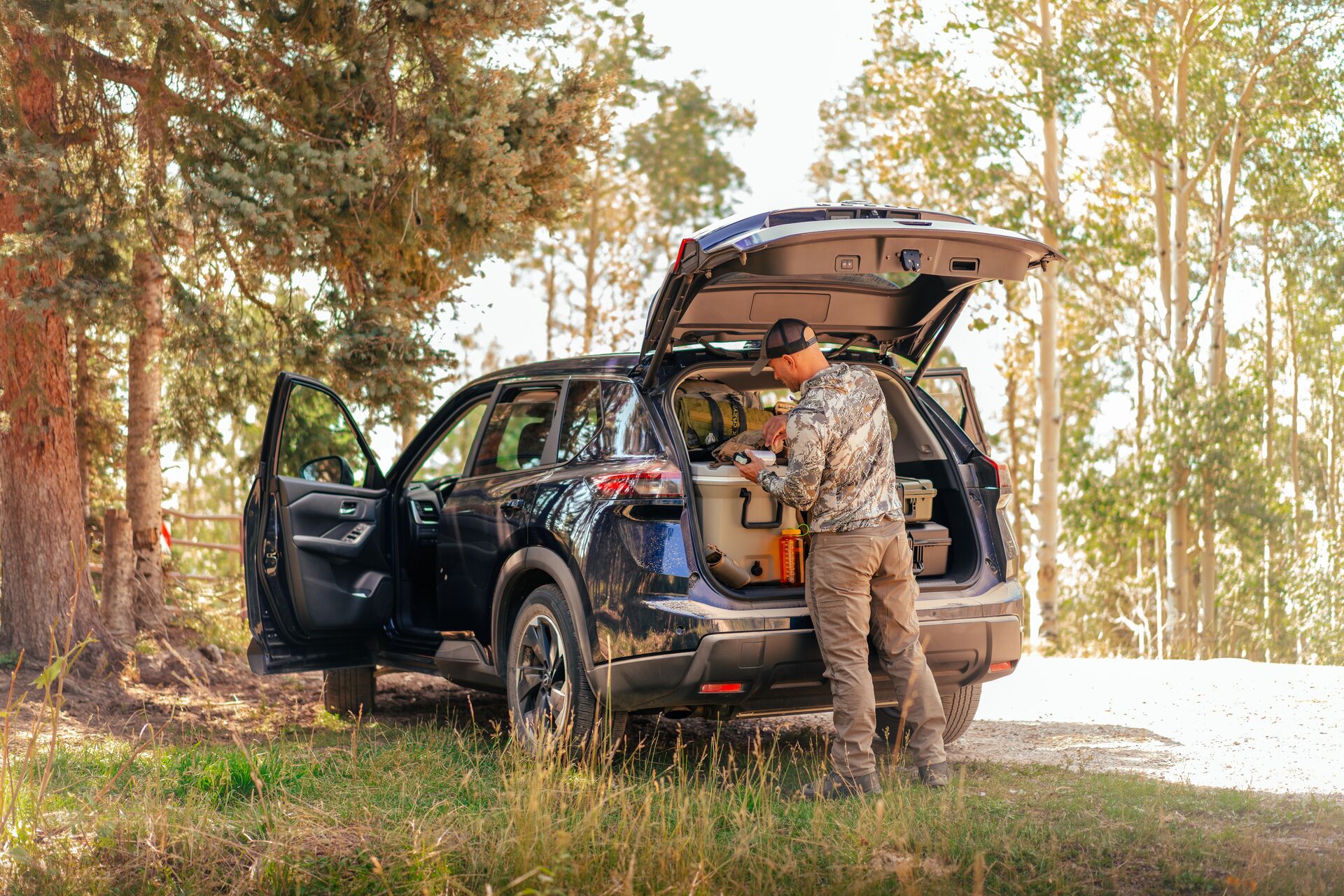
Do a Gear Check
The first day of the season is not the time to find out a key piece of gear isn’t ready for the field. Inspect and repair treestands, blinds, and other hunting gear that needs maintenance or replacing before the season starts.
Use the deer hunting off-season to test and practice with your preferred firearms, bows, or crossbows to maintain accuracy and familiarity with your weapon.
Map it Out
Use this time during the off-season to update maps of your hunting properties or areas you’d like to scout.
It's an excellent time to break out your HuntWise app and review your maps. Look for changes in the landscape and try to identify patterns from trail camera data to consider adjusting stand locations or planning your entry and exit travel routes.
Note changes or new insights using the notes in your HuntWise app. Don't forget to also update your markers.
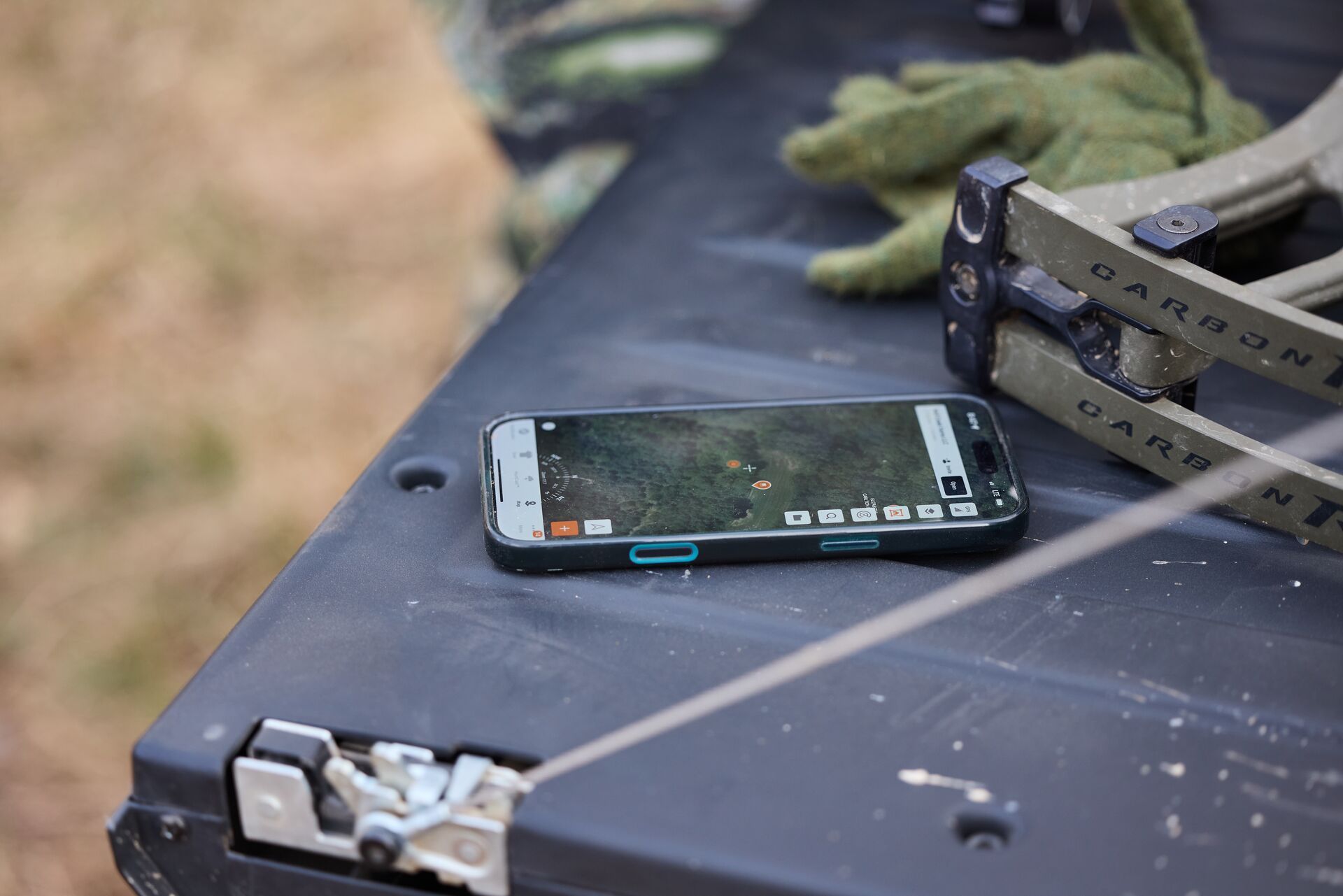
Consistency (and HuntWise) Are Key for Better Fall Hunts
Hunting is a year-round commitment. Treating it as such will lead to success in the fall, year after year. Set a goal for this season, and commit to putting in the required work during the offseason. All the effort, training, and preparation you invest now will set you up for success and pay dividends in the fall.
Taking on these tasks in June will help set you up better for the fall hunting season!
Download HuntWise to see multiple layers of aerial maps for planning food plots or other land improvements and access discounts on the gear you need to tag out this season.
Try a Pro or Elite subscription for bigger discounts and more features to prepare for your next hunt!
We'll give you your first week in the app free.
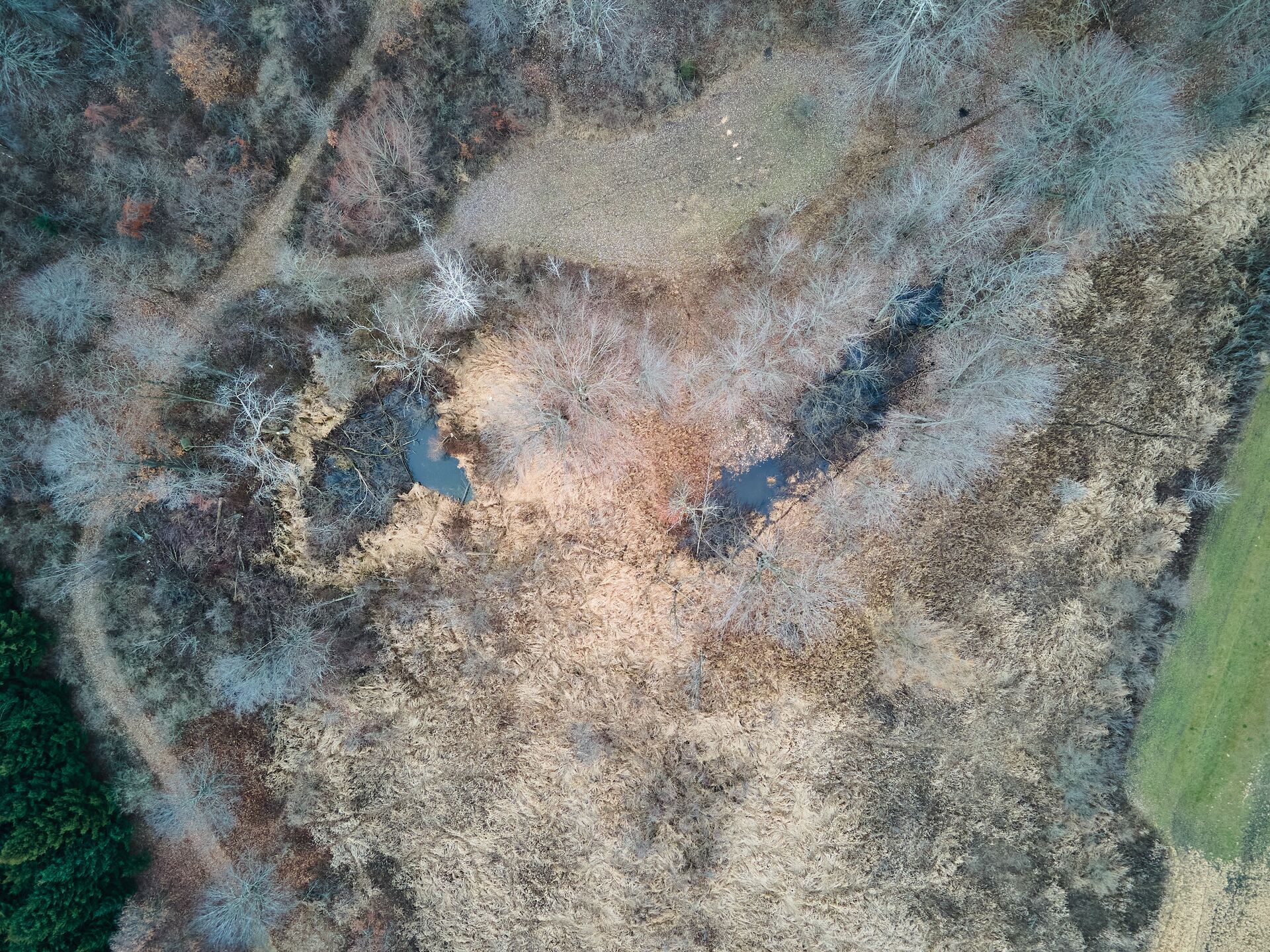
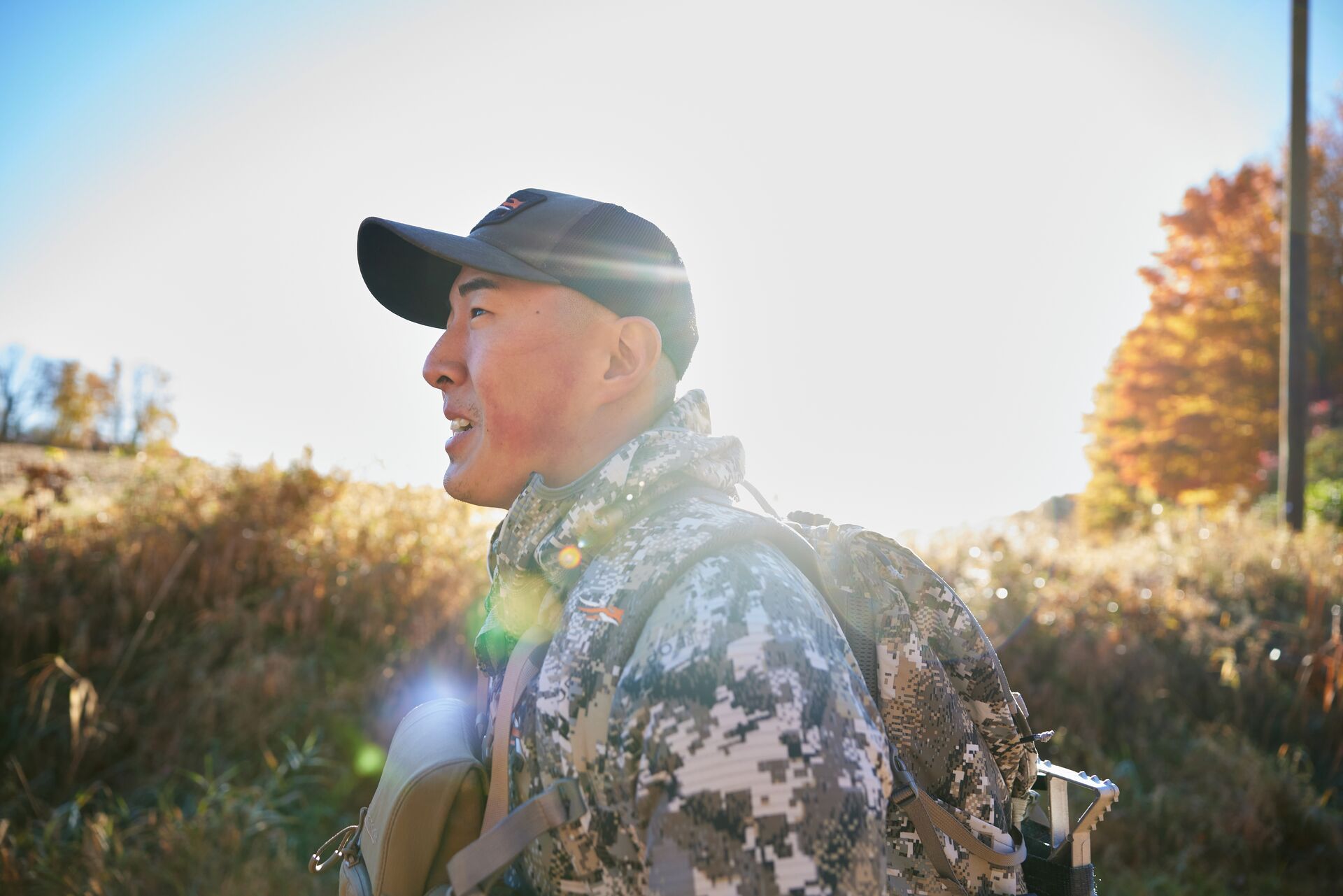
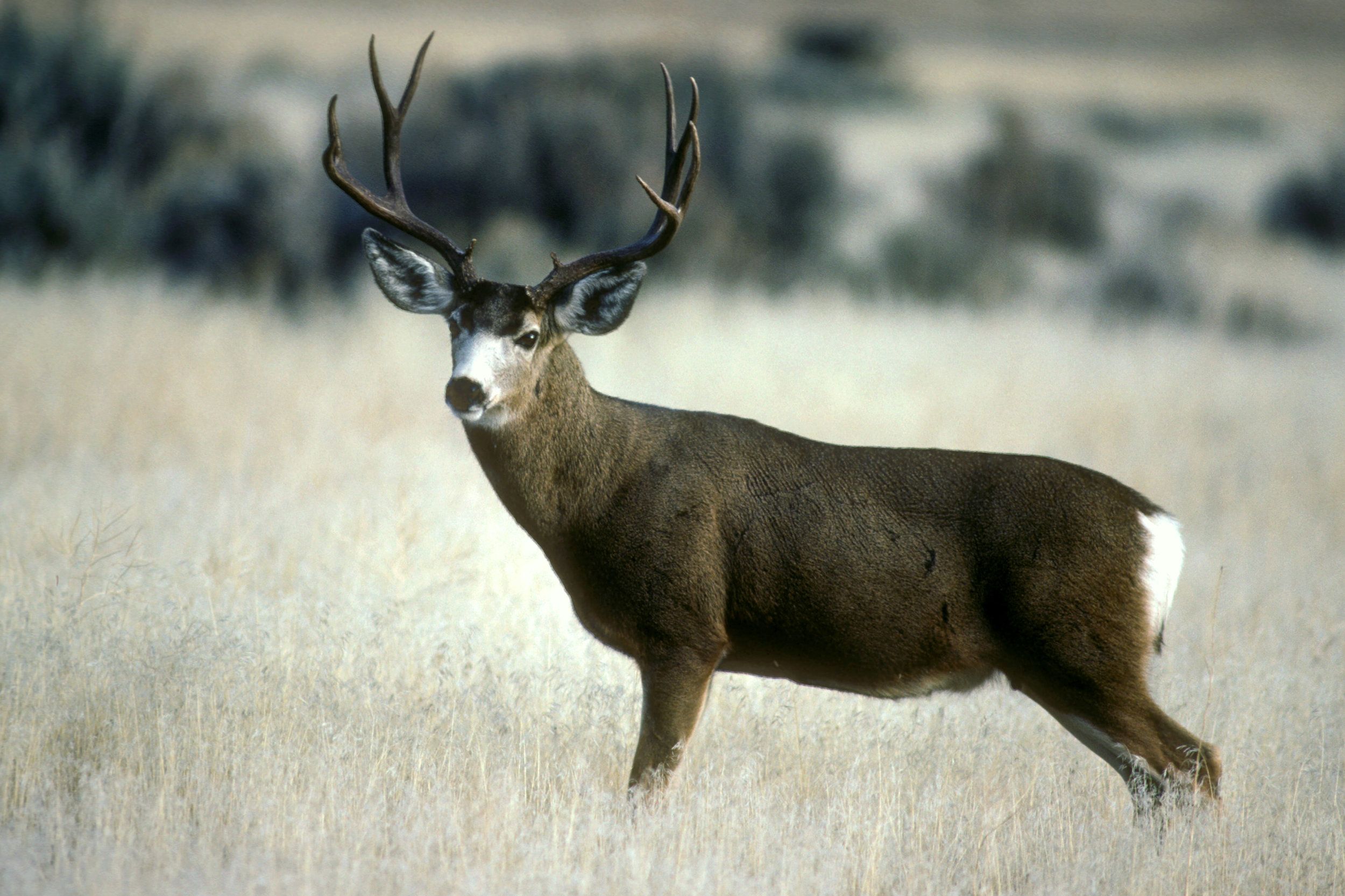 Deer
Deer Deer
Deer Deer
Deer